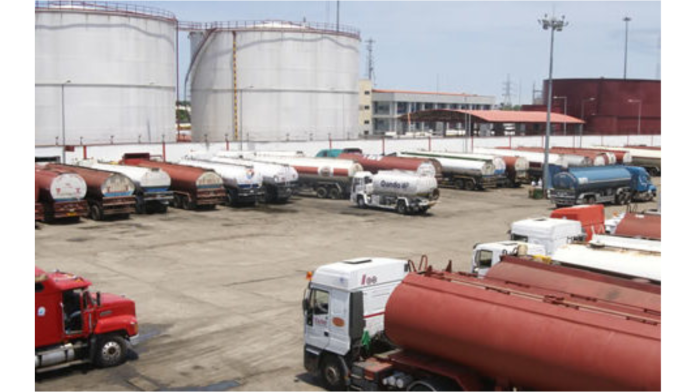The Federal Government has intervened in a brewing crisis between oil marketers and the Nigerian Association of Road Transport Owners (NARTO) to prevent a potential disruption in the supply of petroleum products across the country.
Reports indicate that the government has directed oil marketers to engage in negotiations with NARTO to address the concerns raised by the association regarding the high cost of operations, which prompted its members to consider suspending their services beginning Monday.
Over the past two days, there have been multiple meetings between oil marketers and NARTO executives to find common ground and avert the looming strike.
In response to the situation, the Federal Government, through the downstream regulator and the Ministry of Petroleum Resources, is scheduled to hold a meeting with NARTO members and other stakeholders on Monday in Abuja to address the issues at hand.
The potential strike by NARTO members comes amidst concerns from independent marketers about the continued depreciation of the naira against the dollar, which could lead to an increase in the pump price of Premium Motor Spirit (PMS) in the coming days.
The rising cost of diesel, essential for powering trucks used in transporting petroleum products, has been a major point of contention for NARTO members. Diesel prices have surged to between N1,250 and N1,400 per liter in various parts of the country.
While NARTO had initially announced plans to suspend operations, the government’s intervention has led to ongoing discussions between the association and oil marketers to address the challenges facing the transportation sector.
NARTO President, Yusuf Othman, confirmed that discussions have been ongoing between the association and oil marketers since Saturday, following the government’s directive. He expressed hope for a resolution before Monday’s deadline, emphasizing the need for increased freight rates to cover rising operational costs.
Despite earlier indications of a potential strike, Othman clarified that NARTO’s objective is not a strike but rather a cessation of services due to unsustainable operating conditions. He highlighted the association’s efforts to seek intervention from government agencies and industry stakeholders to no avail.
In light of the current market dynamics and the prolonged disparity between operational costs and freight rates, NARTO members are facing mounting financial challenges. The association has called for urgent measures to address the situation and ensure the viability of petroleum product transportation operations across the country.











